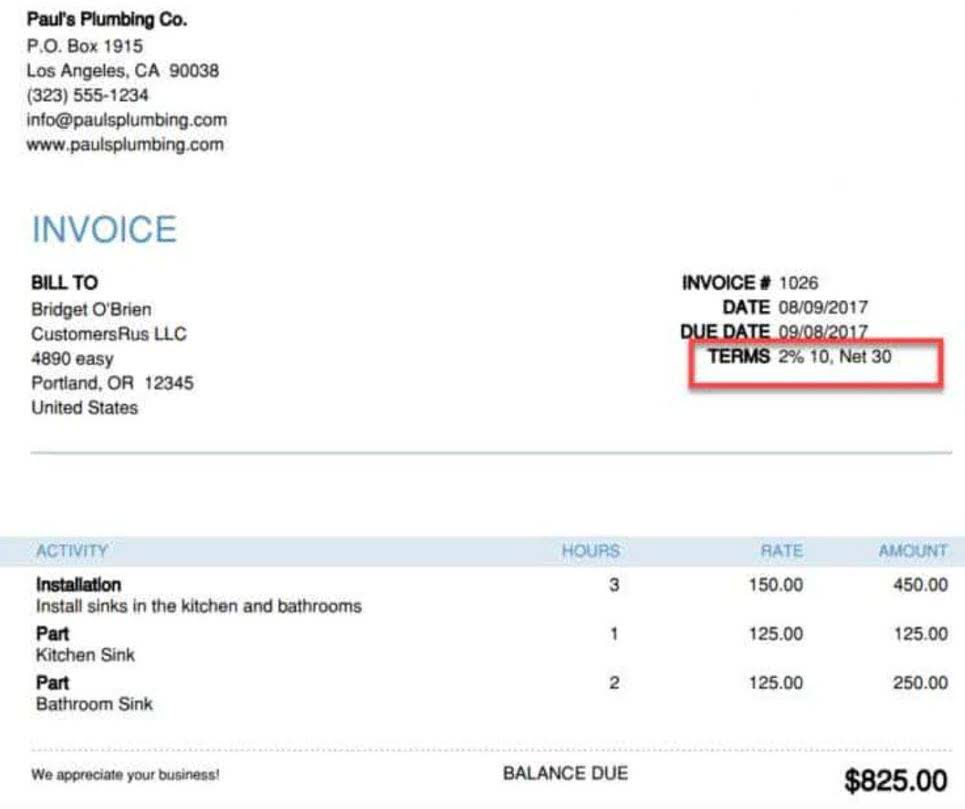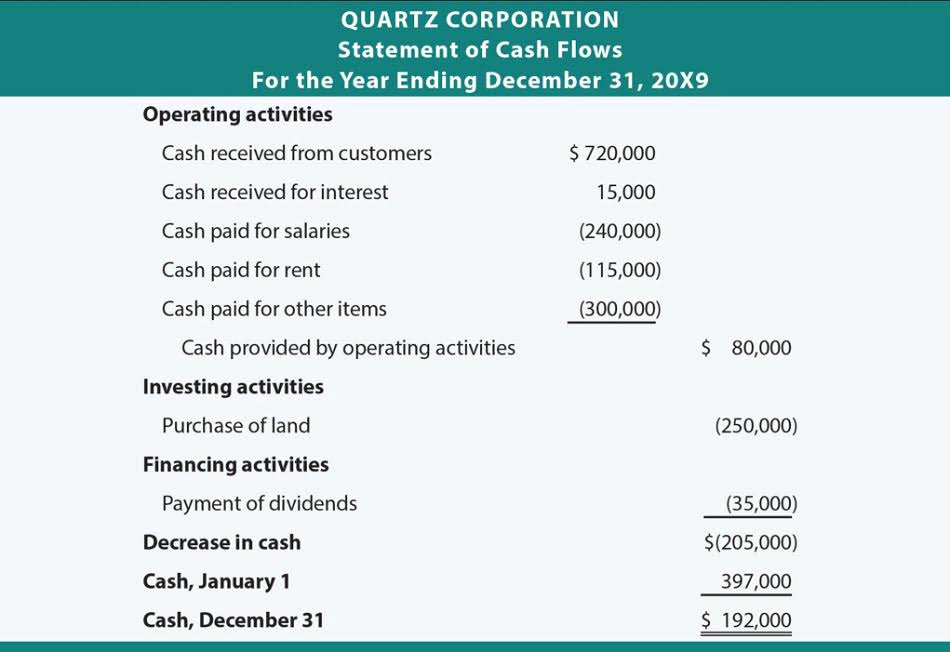
Bookkeepers ensure that all financial data is accurate and up-to-date. This helps businesses make informed decisions and stay Car Dealership Accounting compliant with tax laws. Effective bookkeeping allows you to measure your business’s performance over time.
- Whether it is starting a new business or running an existing one, EasyFiling takes care of all your records.
- Bookkeepers maintain ledgers, journals, and other records that document every financial transaction.
- In the retained earnings account, bookkeepers monitor any profit the company makes that isn’t paid out to owners and investors.
- The managed records will save you trouble in the future for tax purposes or audits.
Step 3: Choose an Accounting Method: Cash Based or Accrual Based
Asset accounts start with the cash account since cash is perfectly liquid. After the cash account, there are the inventory, receivables, and fixed assets accounts. Firms also have intangible assets such as customer goodwill that may be listed on the balance sheet. One of the first decisions you have to make when setting up your bookkeeping system is whether or not to use a cash or accrual accounting system.

Principles of Accounts Payable and Receivable Management
- Bookkeeping is the process of keeping track of every financial transaction made by a business—from the opening of the firm to the closing of the firm.
- This gives you an accurate picture of your revenue and costs, so you can produce financial reports.
- Embrace the journey, and let Profit Leap be your partner in achieving bookkeeping excellence.
- In Week 1 you will also learn how the purpose of management accounting differs from that of financial accounting.
- To balance the books, you need to carefully monitor the assets, liabilities, and equity.
- The double-entry method, on the other hand, records your expenses and accounts in the appropriate categories.
Consider enrolling in courses, attending workshops, and obtaining relevant certifications. This not only enhances your expertise but also boosts your confidence in handling complex bookkeeping tasks. Proper tax planning can save you a lot of headaches come tax season. Keep in regular contact with your tax adviser and maintain your financial records throughout the year. This ensures you’re prepared and can file without last-minute scrambles. By analyzing past financial data, they can make informed decisions about investments, growth opportunities, and risk management.

Access all course activities

Bookkeepers have to understand the firm’s chart of accounts and how to use debits and credits to balance the books. The income statement is developed by using revenue from sales and other sources, expenses, and costs. In bookkeeping, you have to record each financial transaction in the accounting journal that falls into one of these three categories. Bookkeeping is the process of recording all financial transactions made by a business. Bookkeepers are responsible for recording, classifying, and organizing every financial transaction that is made through the course of business operations.


An example of an expense account is salaries and wages or selling and administrative expenses. The purpose of accounting and book-keeping will usually appear accounting basics on Paper 1 as a multiple-choice question. The options might all sound relevant but read the wording carefully to identify the purpose of the role, not the advantages of accounting or book-keeping. Switching from manual to digital bookkeeping can be overwhelming. Start by digitizing one aspect, like invoicing, and gradually move to others such as payroll and expense tracking.
By following these best what are retained earnings practices, you can make your bookkeeping more efficient and less prone to errors. Next, we’ll answer some frequently asked questions about bookkeeping to help you get even more clarity on the subject. The difference between depreciation and amortisation is that depreciation relates to tangible assets, whereas amortisation pertains to intangible assets. Debt involves borrowed funds that are expected to be repaid from loans or other financing options. Equity relates to selling off interest in the company in exchange for money, and it is viewed as an investment in the business.


